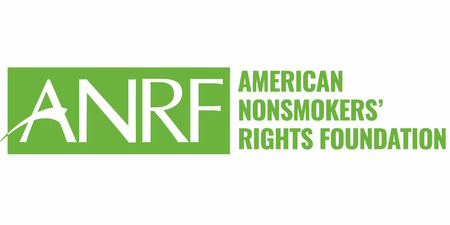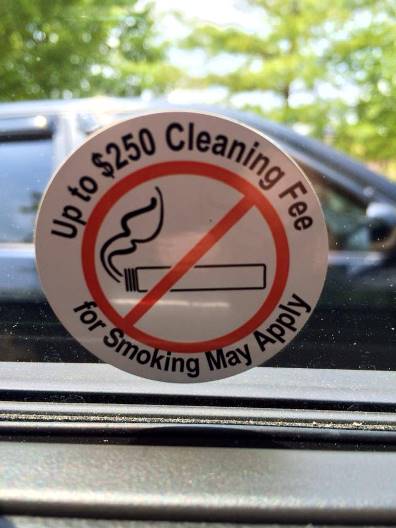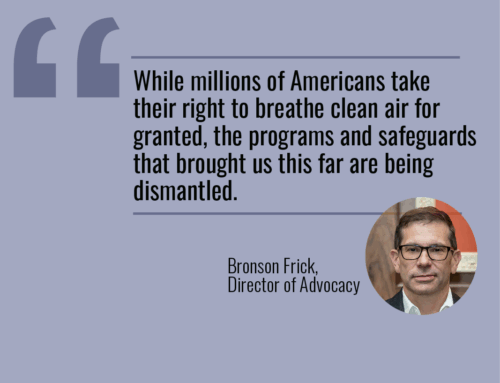No one wants the surprise of a rental car that smells like a dirty ashtray.
When renting a vehicle for work or leisure, be sure it is 100% smokefree. You can help by choosing rental car companies that take their smokefree policies seriously. Also you can help by speaking up for 100% smokefree policies in your online travel reviews, business surveys, and social media. Secondhand smoke and thirdhand smoke in vehicles is both a nuisance and a health hazard.
Background
In September 2009 Avis Budget Group – owner of the Avis and Budget Rent A Car brands—adopted the first nationwide smokefree rental car policy. It applies to the entire fleet in the U.S. and Canada. The policy was significant because it was also backed up with a cleaning fee up to $250 for violations—the first time a rental car company had taken this key step to support compliance. ANR gave a national award to Avis Budget Group for their strong leadership. See statement: Avis Budget Receives ANR Award for Smokefree Rental Car Policy.
In January 2011, Dollar Thrifty Automotive Group followed with a smokefree policy for their entire U.S. fleet backed up with a cleaning fee up to $400 for violations.
On July 23, 2013, Hertz announced that it had made its entire fleet non-smoking, backed by a cleaning fee up to $400. Other companies claim to have smokefree cars, but their policies are not clear or well-enforced.
In our personal and professional experience, this means there is a likely chance of ending up with a car that smells like an ashtray.
Background on the health hazards
Secondhand smoke is a toxic mix of chemicals, gases, and fine particulates. Secondhand smoke is absorbed into car interior surfaces and materials. This “thirdhand smoke” offgasses back into the air and resettles, creating a heath hazard for customers and cleaning staff long after the active smoking has ended.
All employees deserve a healthy workplace that is free from the risks of tobacco exposure, whether they work in the office or in trucks or other vehicles.
What is thirdhand tobacco smoke?
Thirdhand smoke is the tobacco residue that smoke from cigarettes, cigars, and other tobacco products leaves behind. This sticky residue builds up on surfaces—including fabrics and ventilation systems—where it remains long after someone stops smoking. If you smell stale smoke in a vehicle or home, that indicates the presence of these contaminants that are now called thirdhand smoke.
Are there health risks from thirdhand tobacco smoke?
Yes, exposure to thirdhand smoke poses health risks. It may seem like it’s only an offensive smell, but the odor indicates the presence of tobacco toxins. Thirdhand smoke contains nicotine, tar, polycyclic aromatic hydrocarbons, and tobacco-specific carcinogens (cancer-causing substances) that may contribute to smoking-attributable disease and death. Research shows that thirdhand smoke may increase the risk of respiratory illnesses among non-smokers. This residue remains harmful even when it’s breathed in or ingested after the active smoking ends. That is because thirdhand smoke undergoes chemical changes as it ages and as it combines with compounds that naturally occur in the air to form new carcinogens. Research shows that thirdhand smoke exposure can even cause genetic damage in human cells.
We recommend that you visit your doctor to assess the effects the secondhand smoke and thirdhand smoke is having on your health. Doctors are often very willing to write a note that people should not be exposed to smoke in order to protect their health.
Is thirdhand smoke a problem in vehicles?
Yes, thirdhand smoke is a significant concern in trucks and other vehicles. The tobacco residue lingers in vehicles for months after anyone has smoked there, which can expose co-workers to these harmful chemicals. A 2010 study examined thirdhand smoke residue in smokers’ cars to see if rolling down windows and cleaning the car had an effect on these pollutants. The study found that smokers can prevent their vehicles from becoming contaminated with residual tobacco smoke pollution by not smoking there, but commonly used cleaning and ventilation methods did not successfully decrease contamination levels. Evidence of the contamination can be measured in non-smokers’ bodies.
What can jurisdictions and employers do?
Work vehicles should be included in all local and state smokefree workplaces laws. If your local or state law does not require work vehicles to be smokefree at all times, then employers—whether an individual department or a whole business—can choose to adopt a policy that does not allow smoking in work vehicles at all times. Employees who smoke can still choose to do so outside, but they should not be permitted to smoke in vehicles where the smoke and its residue can harm the health of co-workers. Cleaning cannot remove the tobacco residue because it absorbs into surfaces, and non-smokers should not be harmed by their co-workers’ smoking habits.






